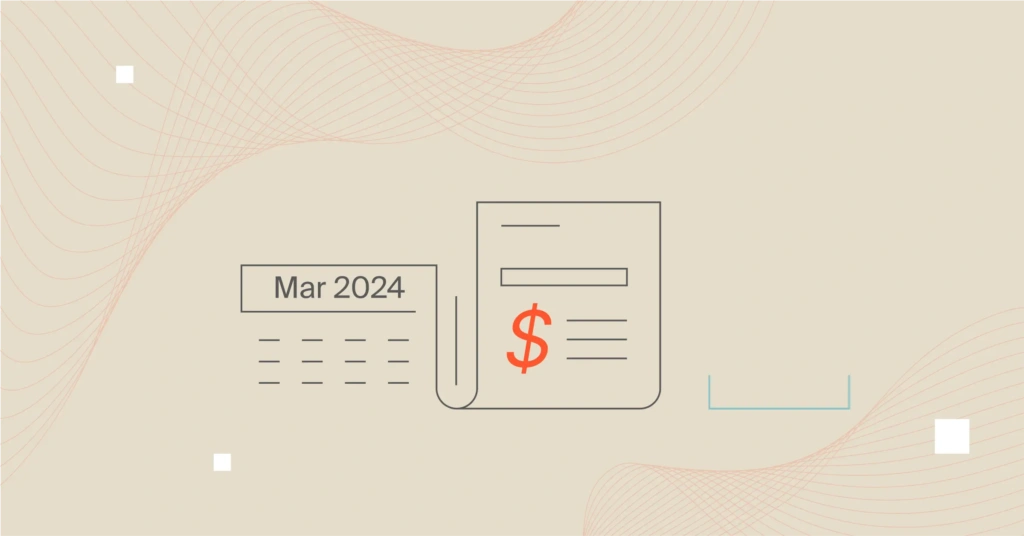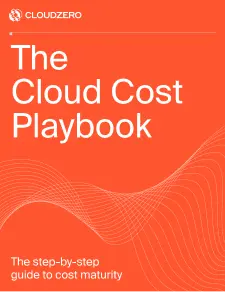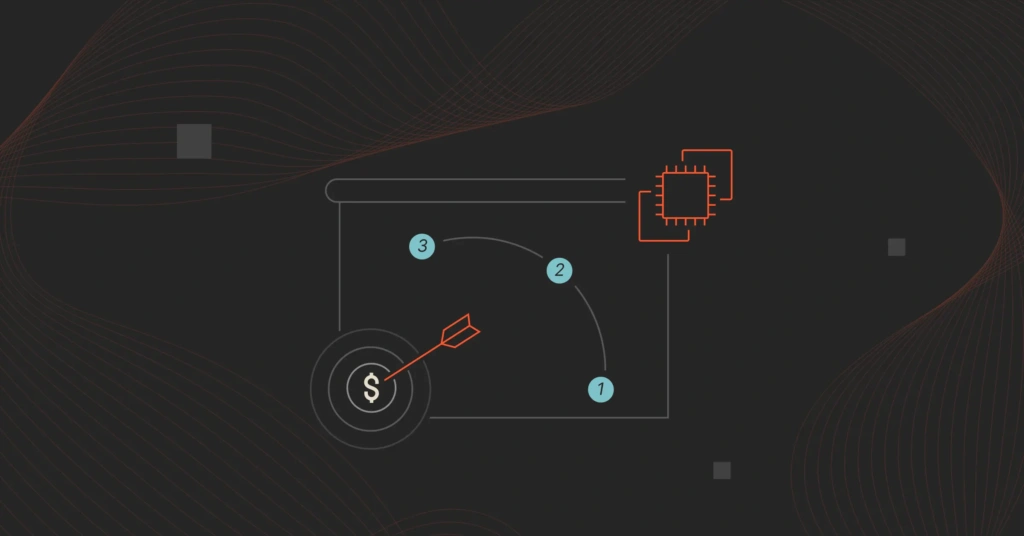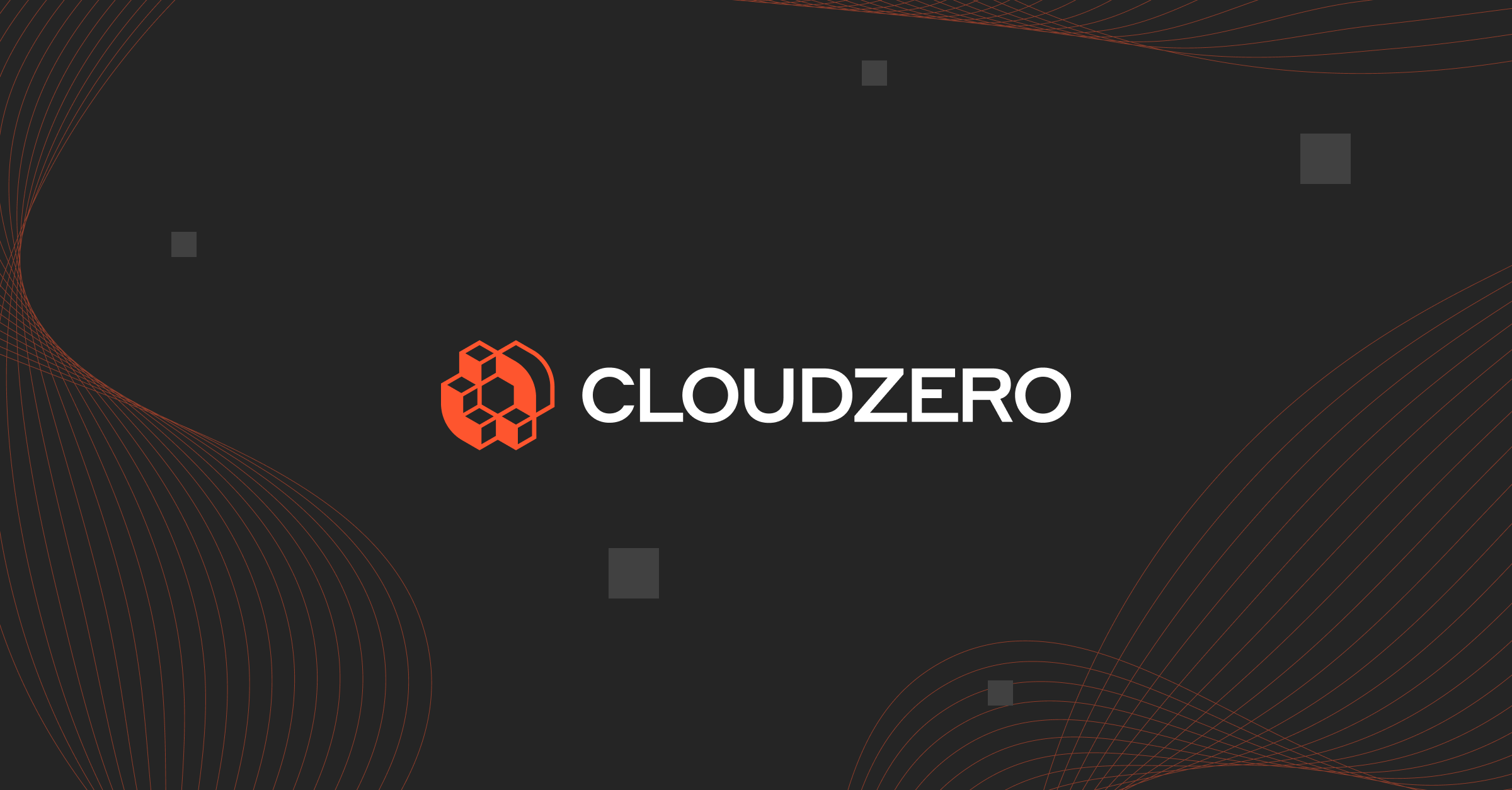If you’ve recently migrated your data from one major cloud provider to another, you may have already noticed one of our top stories from last month. If not, we’ve got good news, so keep reading! And there’s even better news if you’re the type to get excited over the chance to learn more about FinOps and hone your craft.
Here’s a quick taste:
- Google and AWS made some big changes to their egress policies
- TechTarget released a valuable article detailing the costs that go into cloud computing.
- The FinOps Foundation has two upcoming conferences that may pique your interest
Read on for the details!
The Best Cloud Cost News From March 2024
Google and AWS have both now removed data transfer “egress” fees
It makes sense to pay for a service when you use it. But having to pay more when you want to stop using a service seems just a tad unfair.
This was the problem many cloud users encountered when they tried to transfer data from one cloud provider to another and discovered they’d have to pay “egress” fees for the privilege of leaving.
Thankfully, Google reversed course on its egress fee policy earlier this year, and this past month AWS followed suit. It’s likely AWS made the move to stay on par with Google’s strategy, which is a welcome signal that cloud providers do indeed still want to compete for your business.
Though behind the scenes this move was probably born out of a need to soothe discontent from enterprise customers, the public reasoning for the change is that modern cloud users need to be able to freely transfer data across cloud environments, and the major cloud providers want to help make that functionality more accessible.
Either way, it’s a step in the right direction that should result in a little more money being left in your cloud budget.
TechTarget published an article that will help you deepen your knowledge of cloud costs
Nobody starts off as a FinOps expert. Similarly, almost no one fully understands — until they begin using cloud cost management platforms like CloudZero — where their costs are coming from in the cloud.
If you’re just starting your FinOps journey, or you’re looking for a solid refresher on knowledge that may have faded over time, we recommend checking out this article. We can’t claim it contains everything you need to know about cloud costs, because cloud cost optimization is a field that takes years to truly master.
But it’s a great primer on where your costs might be coming from, depending on your cloud service provider and the resources you commonly use.
Hand your engineers this handy cost breakdown, and they can start to get an idea of how much their build choices will cost in the grand scheme.
The FinOps Foundation advertised two upcoming FinOps conferences you won’t want to miss
The FinOps Foundation will be joining Google’s FinOps leaders on April 9th as part of Google NEXT. This gathering will be a great chance to meet Google Cloud leaders and talk FinOps all day long. There are limited spots available, so reserve your seat early if you’re interested in attending.
Additionally, the Foundation will be hosting a member summit in London on April 18th. Like other member summits, this one will offer the opportunity to network with other FinOps practitioners, listen to keynote speakers from industry-leading companies, and brush up on the latest FinOps topics.
You can sign up for tickets for both of these events on the FinOps Foundation’s “Featured Events” page.
Dipping Your Feet Into The World Of Cloud Cost Management?
CloudZero is the most intuitive, powerful solution you’ll find on the market.
There’s been a major shift in the mentality of cloud users over the past few years: Suddenly, almost everyone is concerned about controlling their snowballing cloud costs. We expect this trend to accelerate because, let’s face it, cloud services aren’t exactly cheap — especially when you’re buying on a large scale.
If you’re tired of getting sticker shock every month when your cloud bill rolls in, it’s time to take the next step on your FinOps journey.
 with CloudZero to see how we can help you rein in your growing cloud costs.
with CloudZero to see how we can help you rein in your growing cloud costs.






